The Harmful Effects Of School Suspensions On Students

Table of Contents
Academic Consequences of School Suspensions
School suspensions directly and negatively impact students' academic progress. The immediate effect is often a significant disruption to their learning.
Increased Absenteeism and Failing Grades: Suspension inherently leads to missed classes, assignments, and crucial learning opportunities. This missed instruction translates directly into:
- Increased likelihood of dropping out of school.
- Falling behind peers academically.
- Significant difficulty catching up on missed work, leading to lower grades.
- A negative impact on overall Grade Point Average (GPA), affecting future academic prospects.
The long-term academic ramifications of even a single suspension can be substantial, potentially limiting college opportunities and future career paths. The lost learning time compounds over time, creating a significant disadvantage for students already struggling academically.
Negative Impact on Graduation Rates: The correlation between school suspensions and lower graduation rates is well-documented. Students who are frequently suspended are significantly more likely to leave school before earning a diploma. This has profound consequences:
- Reduced college readiness and access to higher education.
- Limited career opportunities and lower earning potential throughout life.
- Increased likelihood of involvement in the juvenile justice system and subsequent incarceration.
Studies consistently show a strong link between disciplinary actions like suspensions and decreased graduation rates, highlighting the far-reaching societal impact of these practices.
Social and Emotional Impacts of School Suspensions
Beyond academic repercussions, school suspensions inflict significant damage on students' social and emotional well-being.
Increased Behavioral Problems: Rather than correcting behavior, suspension can exacerbate existing problems or even create new ones. The experience can lead to:
- Increased feelings of isolation, resentment, and anger toward school authorities and the educational system.
- A sense of alienation and disengagement from the school community.
- Potential for increased involvement in risky behaviors, including substance abuse and delinquency, due to increased unstructured time and lack of positive engagement.
This creates a cyclical effect: suspension leads to increased behavioral problems, which can result in further suspensions, trapping students in a vicious cycle.
Mental Health Implications: The emotional toll of suspension can be devastating, contributing to a range of mental health issues, including:
- Increased anxiety and depression, impacting students' ability to learn and function effectively.
- Heightened feelings of hopelessness and low self-esteem.
- Increased risk of self-harm and suicidal ideation, requiring immediate and intensive mental health support.
The disruption of social connections, coupled with the stigma associated with suspension, can significantly damage a student's self-esteem and their ability to form positive relationships.
The Disproportionate Impact of School Suspensions on Minorities and Students with Disabilities
School suspensions don't affect all students equally. A disturbing pattern reveals a systemic bias in disciplinary practices.
Systemic Bias in Disciplinary Practices: Minority students, particularly Black and Hispanic students, and students with disabilities are disproportionately suspended compared to their white peers. This disparity highlights:
- Examples of implicit bias in school disciplinary actions, often based on subjective interpretations of student behavior rather than objective criteria.
- The urgent need for equitable disciplinary practices that consider the unique needs and challenges faced by diverse student populations.
Statistics clearly demonstrate a significant racial and disability gap in suspension rates, highlighting systemic inequalities within the education system.
The Need for Inclusive Disciplinary Approaches: To address this issue, schools must adopt alternative disciplinary methods that move beyond punitive measures:
- Restorative justice practices focus on repairing harm and fostering understanding between students and the school community.
- Culturally responsive discipline recognizes and respects the diverse cultural backgrounds and experiences of students.
- Positive behavior interventions and supports (PBIS) proactively teach and reinforce positive behaviors, reducing the need for punitive discipline.
Successful examples of inclusive discipline programs demonstrate that positive, proactive approaches are far more effective in creating safe and supportive learning environments for all students.
Conclusion
The evidence overwhelmingly demonstrates the significant harmful effects of school suspensions on students. From hindering academic achievement and graduation rates to exacerbating behavioral problems and negatively impacting mental health, the consequences are far-reaching and deeply detrimental. Furthermore, the disproportionate impact on minority students and students with disabilities underscores the urgent need for systemic change.
Understanding the harmful effects of school suspensions is crucial. Let’s work together to promote more equitable and effective disciplinary approaches that support student success and well-being. Find alternatives to school suspensions; advocate for positive behavior interventions; and build supportive school climates where all students can thrive. Let's prioritize student well-being and create schools that are truly inclusive and equitable for every child.

Featured Posts
-
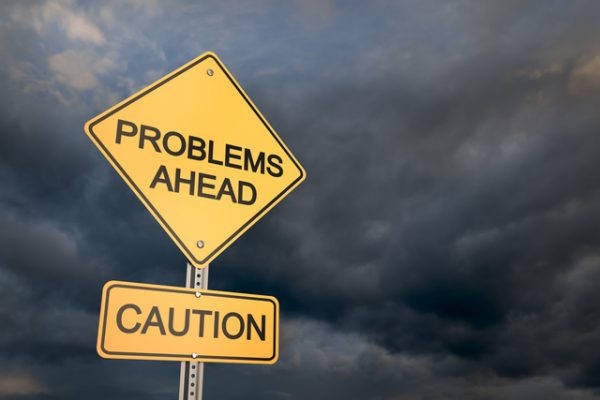 Bbcs 1 Billion Funding Gap Unprecedented Problems Ahead
May 02, 2025
Bbcs 1 Billion Funding Gap Unprecedented Problems Ahead
May 02, 2025 -
 Train Engine Malfunction Leads To Nrc Suspension Of Warri Itakpe Rail Operations
May 02, 2025
Train Engine Malfunction Leads To Nrc Suspension Of Warri Itakpe Rail Operations
May 02, 2025 -
 Remembering Priscilla Pointer Actress Dies At 100
May 02, 2025
Remembering Priscilla Pointer Actress Dies At 100
May 02, 2025 -
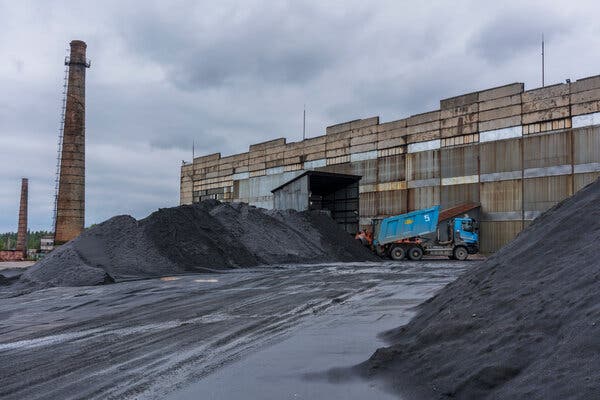 New Economic Deal Ukraine And The U S Collaborate On Rare Earth Minerals
May 02, 2025
New Economic Deal Ukraine And The U S Collaborate On Rare Earth Minerals
May 02, 2025 -
 Is This Christina Aguilera Fans Debate The Extent Of Photo Editing In New Images
May 02, 2025
Is This Christina Aguilera Fans Debate The Extent Of Photo Editing In New Images
May 02, 2025
Latest Posts
-
 Ukrainskie Bezhentsy I S Sh A Prognozy Dlya Germanii
May 10, 2025
Ukrainskie Bezhentsy I S Sh A Prognozy Dlya Germanii
May 10, 2025 -
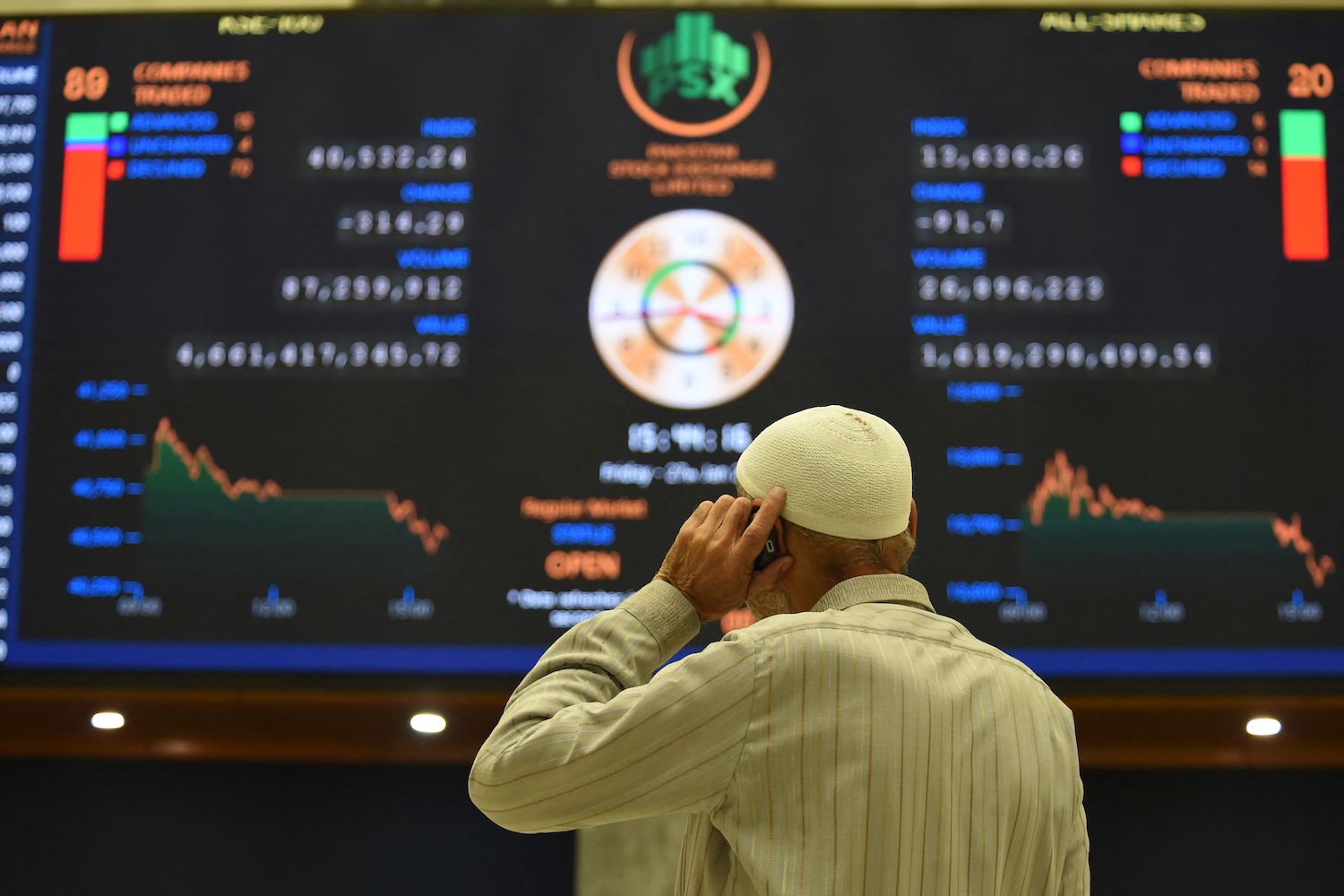 India Pakistan Tensions Cast Shadow On Imfs 1 3 Billion Loan To Pakistan
May 10, 2025
India Pakistan Tensions Cast Shadow On Imfs 1 3 Billion Loan To Pakistan
May 10, 2025 -
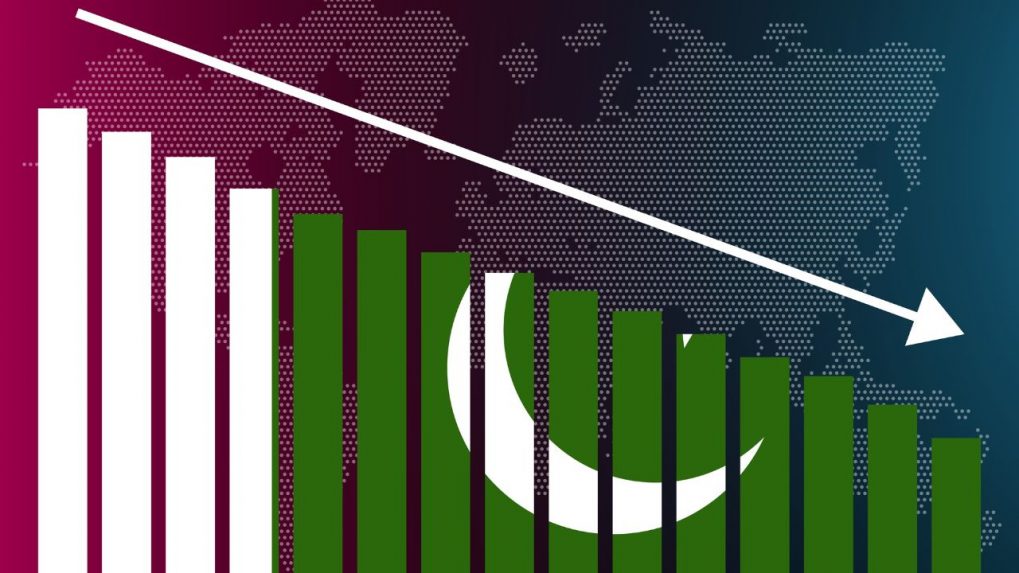 Pakistan Economic Crisis Imfs 1 3 Billion Package Under Review
May 10, 2025
Pakistan Economic Crisis Imfs 1 3 Billion Package Under Review
May 10, 2025 -
 Izolyatsiya Zelenskogo Otsutstvie Gostey Na 9 Maya
May 10, 2025
Izolyatsiya Zelenskogo Otsutstvie Gostey Na 9 Maya
May 10, 2025 -
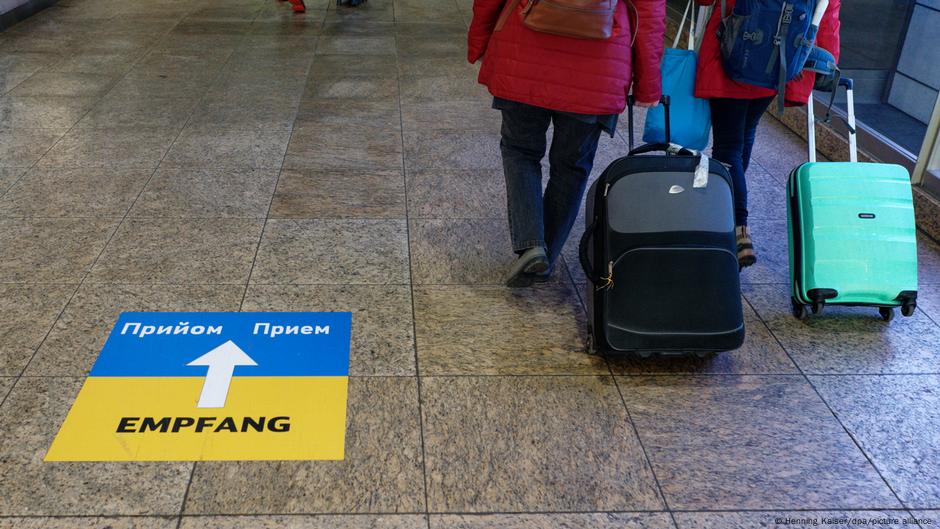 S Sh A I Noviy Potok Bezhentsev Iz Ukrainy Vzglyad Iz Germanii
May 10, 2025
S Sh A I Noviy Potok Bezhentsev Iz Ukrainy Vzglyad Iz Germanii
May 10, 2025
